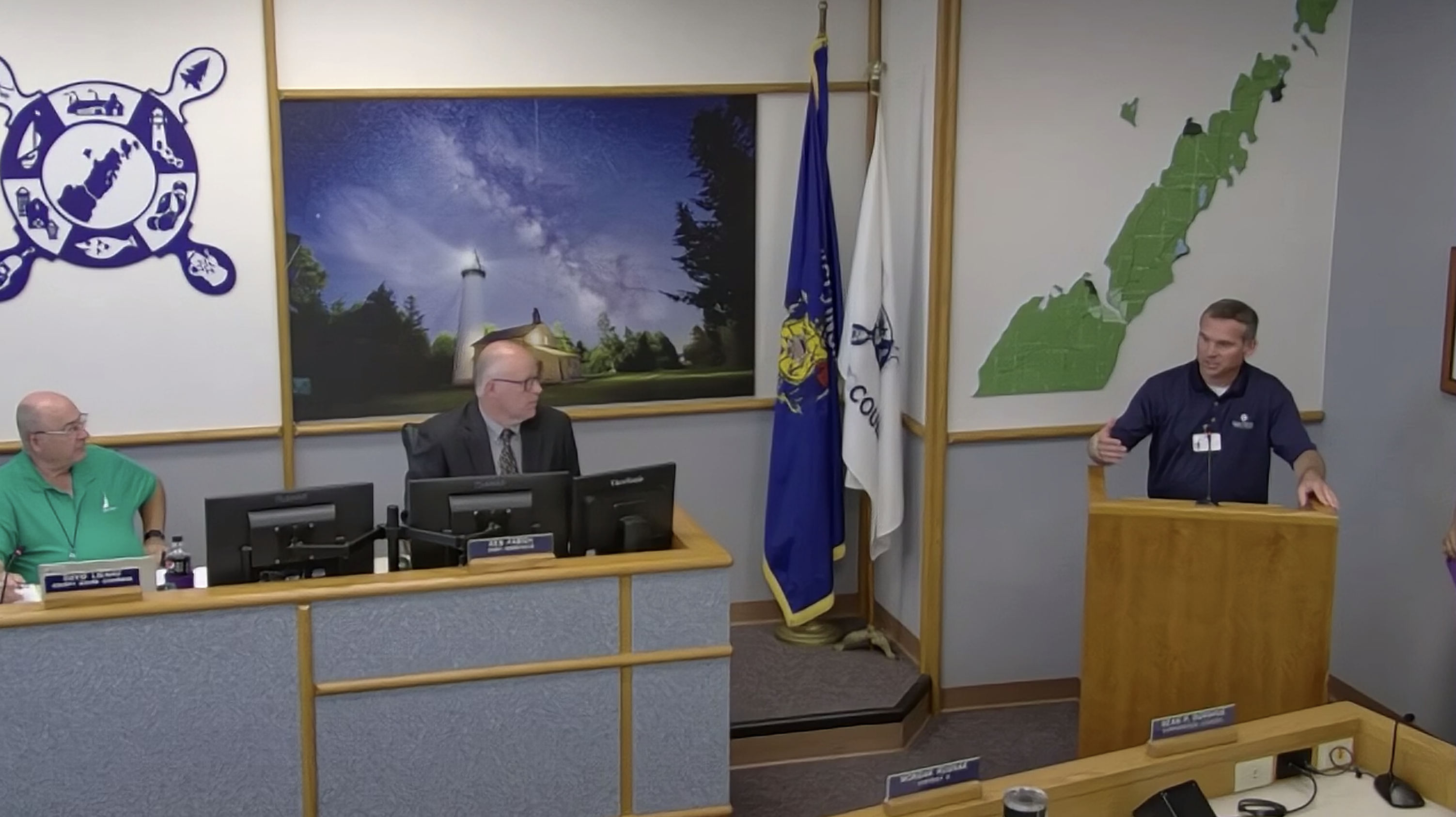A county-wide work group on diversity, equity and inclusion released a report last week detailing the findings of a year-long research initiative that revealed a wide variety of challenges faced by underserved communities in the county, as well as potential solutions and goals.
The work group, titled the Door County DEI Work Group, was formed in 2022 following a resolution passed in 2021—Door County’s Vision of Diversity, Equity and Inclusion—by the Door County Board of Supervisors.
According to the report, which was released Tuesday at a County Board meeting, the effort began as a group of 20 community partners committed to “building a coalition around championing equity and inclusion at the organizational, institutional and structural levels.”
The group has been funded by the county government, the Door County Medical Center, the Door County Community Foundation, United Way of Door County and the Door County Economic Development Corporation.
In 2022, the work group in collaboration with Northeast Wisconsin Technical College (NWTC) initiated a series of focus groups to gain insight into community challenges and improvements. The focus groups covered persons with disabilities, business owners, neurodivergent people, new community members, veterans, the LGBTQIA+ community and elders.
Based on their experience and research, the work group members identified disparities in the following areas:
Education quality and access
- Poverty and achievement correlations in K-12 institutions
- Mental health in school-age youth
- Access to technology and broadband internet
Health care quality and access
- Uninsured rates
- Provider ratios
- Mental health disparities by race, ethnicity and income level
Neighborhood and built environment
- Housing access
- Public safety
- Sense of safety
Economic stability
- Affordable housing shortage
- Disproportionate challenge of food security
- Childcare affordability and availability
Social and community context
- Accessibility (physical)
- Language barriers
The work group identified three main areas of progress to focus on to achieve desired outcomes. These areas are articulation, engagement and action.
The report defined articulation as “1) increased vocabulary to communicate about justice and belonging as well as use of DEI language in regular practice, 2) organizations and coalitions can communicate how they are contributing to moving the needle to advance equity and inclusion.”
The report defined engagement as “1) key leaders are showing continued commitment, 2) increased participation of private sector, 3) increased participation so that the diversity in the community is overrepresented in the group.”
The report defined action as “Impact-driven work groups, projects, programs and policies are developed, and then updated and iterated.”
The work group states in the report that if these three elements are practiced at the individual, organizational and structural levels, the process of DEI work in Door County will be considered a success.
The report includes two examples of “adaptive and inclusive change” that have already taken place in the county.
One of these examples is the action taken by the Door County Medical Center to track disparity data by race, ethnicity and uninsured status for key metrics to “identify specific disparities in community health.”
The other example consists of a variety of changes made by Door County Health and Human Services over the past two years. These changes include more inclusive registration and intake forms, gender neutral bathrooms with signage, the removal of physical obstacles, the public acknowledgement of staff pronouns and the display of pride flags.
The work group decided to continue its efforts starting in March 2023. A team charter was developed to organize upcoming efforts beyond the research detailed in the report. The charter says meetings will be held monthly from June 2023 to December 2025.
The purpose of the work group will remain the same: “We are here to better understand diversity, equity and inclusion strengths and challenges in Door County. Our goals are to identify the strengths and challenges we face, collaborate on actions to address the challenges and amplify strengths, and lead to motivate and empower our community to take action.”

